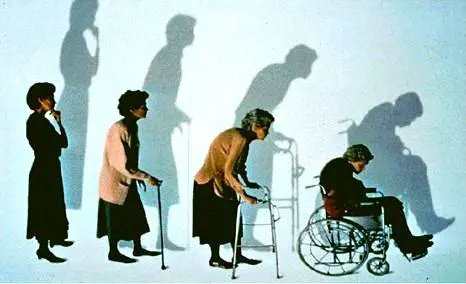A 77-year-old woman died on Sunday night in Jiangsu, after emergency treatments failed...
And on Monday, a new infection was reported in the province, along with another case in its neighboring province Anhui... and another in Zhejiang.
As of Monday evening, 63 H7N9 cases had been reported across China: 24 in Shanghai, 17 in Jiangsu, 16 in Zhejiang, three in Anhui, two in Henan and one in Beijing.
Also on Monday, Beijing health authorities said a four-year-old boy was found to be a H7N9 flu virus carrier.
He tested positive for deadly virus, but has so far shown no symptoms... and is now under medical observation at Beijing's Ditan Hospital.
Local health officials say a neighbor of the boy had bought chicken from the family whose seven-year-old girl became Beijing's first H7N9 case.
The country's health authorities haven't identified how the flu is spreading.
But the virus is believed to be crossing from live birds to humans, and has prompted mass poultry culls in several cities.
SOUNDBITE (CHINESE) WU YOULIN, Farm produce market manager:
"Nine stalls selling chickens and ducks were closed. We also disinfected the whole area."
In Shanghai alone, more than 20,000 live poultry were slaughtered.
SOUNDBITE: MISS CHEN, Shanghai citizen
"I dare not buy chicken or ducks any more. And in case being infected with the bird flu, I wear a respirator when I go out."
Researchers say the H7N9 virus shows "affinity" to humans but causes "very mild or no disease" in infected poultry...
Which could make it even harder, to find out which birds are carrying it.
The experts gathered in Beijing and concluded that the new virus is closely related to Eurasian migratory birds, but that it's hard for those birds to transfer the virus to humans.
They suspect the spread of the virus may have occurred through poultry, or birds living on the coast...
Though the spokesman for the World Health Organization says it's still too early to confirm they're the source of infection.
SOUNDBITE (ENGLISH) GREGORY HARTL, WHO spokesman:
"For the moment, we do not have 100 percent surety on what the source of infection is. As I said, there's a lot of focus at the moment on poultry market, but that might not be the correct source or the only source."
For now, there's no indication of human-to-human transmission... But the search for the source of the virus goes on.
 简体中文
简体中文

